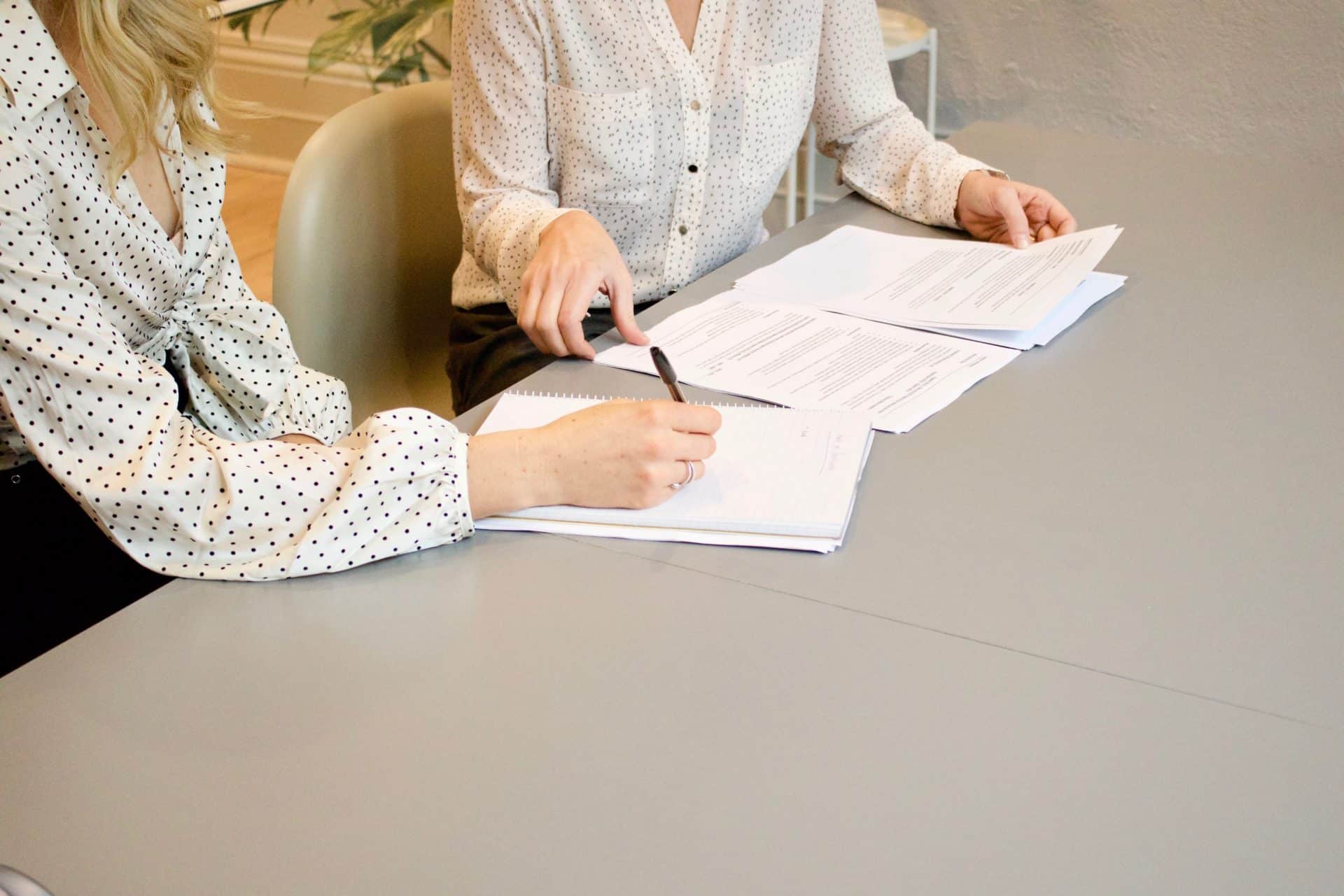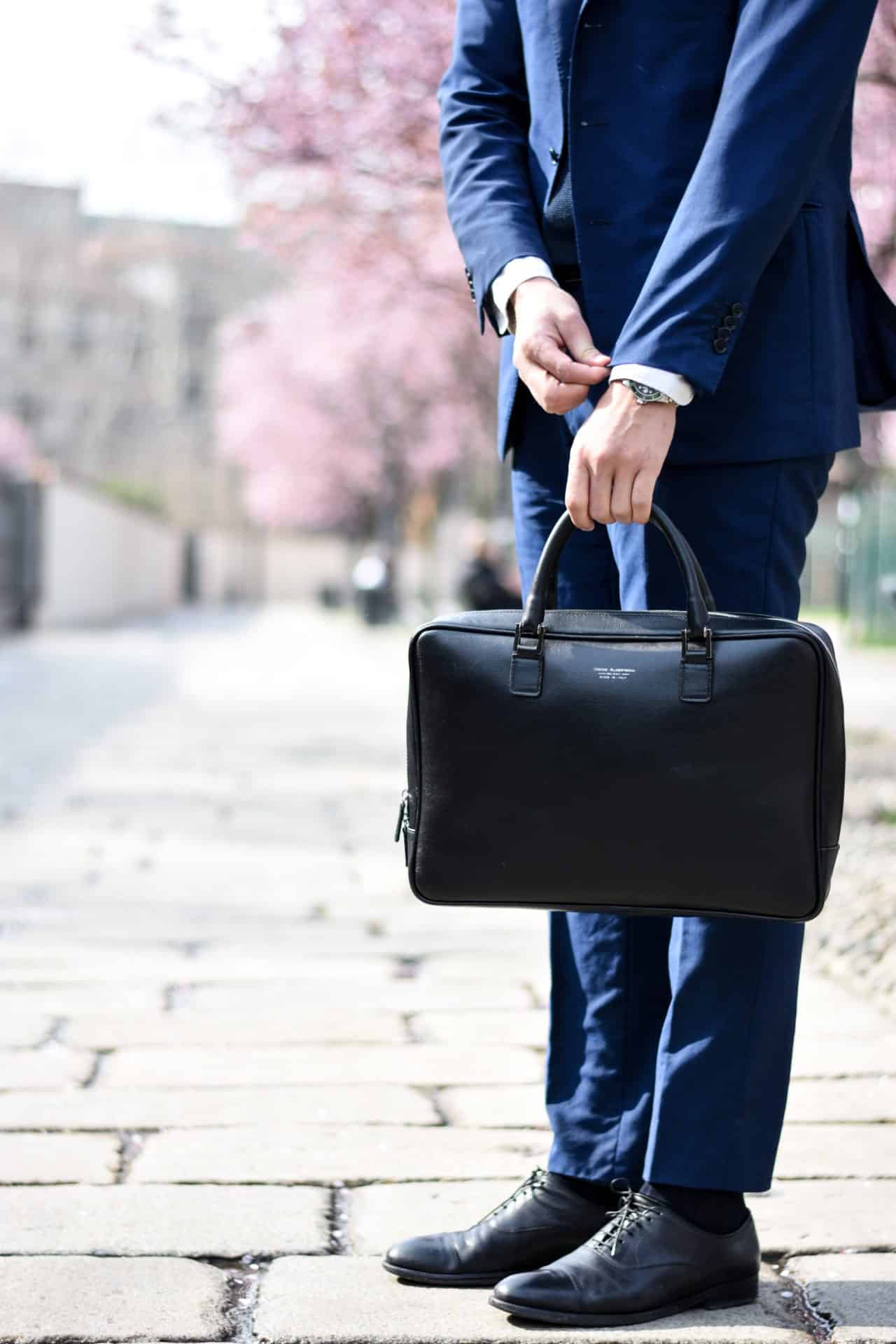Interviews are the lifeblood of modern organizations, companies, and businesses.
Both large and small businesses conduct interviews as a means to assess a potential candidates’ skills, qualifications, and ability to handle the responsibilities of the role.
While there are a number of interview formats, perhaps the most common is the formal interview.
But what is a formal interview?
A formal interview is an interview between an employer and a prospective candidate.
Typically, these interviews will occur on a one-to-one basis and will be the determining factor on whether or not the candidate is chosen for the role.
Typically, formal interviews are utilized to assess a candidate’s skills and qualifications.
Formal interviews are the most common interview type.
They provide an opportunity for both the employer, including the recruiter and hiring manager, and the interviewee (the candidate) to meet in-person and face-to-face.
This meeting will occur during normal business hours and will typically be located at the employer’s office.
Formal interviews are objectively the single best way for an employer to assess a potential candidate.
Though there are a plethora of factors which go into the hiring process, the formal interview is second to none.
During the formal interview, both the interviewer and the interviewee are given ample time to speak and discuss the role.
Although the discuss mainly centers on the role that is being applied for, many interviews go off-course, where both professional and personal discussions can take place.
A formal interview is nothing to be nervous about.
They are common and typical in the corporate world.
Securing a formal interview is difficult and can be frustrating for many candidates.
However, once secured, a candidate’s chances of landing the job position increase considerably.
When attending a formal interview, it is best to dress professionally and in a manner that justifies your hiring.
A candidate should always dress in a manner that is clean and respectable and should stick to neutral tones and colors.
You may allow some space for personalization within your wardrobe; however, you don’t want to veer too far off of neutral tones.
Before the formal interview, you should prepare a list of items to bring with you.
This includes multiple copies of your resume.
We encourage printing your resume on resume paper for better, more long-lasting effects.
In addition, the interviewee should bring along a notepad and a pen to jot down any notes or discussions.
Lastly, the interviewee should be sure to research the company and position beforehand and have a list of questions they would like to ask of the interviewer.
This research will also assist in answering the “why do you want to work here” and “what do you admire about this company” questions.
Being prepared for a formal interview is your best bet on increasing your chances of securing the job position and being offered the role.
This preparation should include research into the company and the role.
You should also prepare yourself for the interview by ensuring that your appearance and clothing are tidy, you have a plan on how to arrive to the interview location, and you are prepared to follow-up with the hiring manager via email within 24-hours of the completion of the interview.







